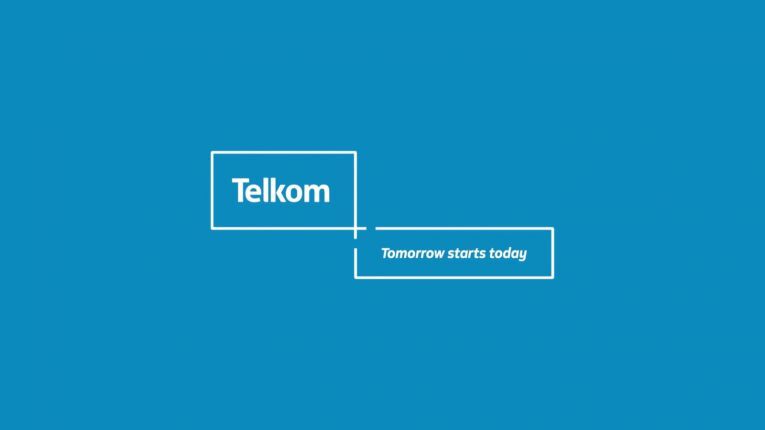Today, Telkom published its annual earnings report, ranging nine months and ending in December 2020. We deciphered most of the financial jargon and concluded two things: 1) lockdown increased the need for broadband connectivity and 2) South Africans really do prefer mobile connections.
The work-from-home era was short-lived for some, but if there’s anything humans relied on tremendously, it was having a stable connection to the web at all times. Whether it’s through a mobile phone, an LTE mobile router with a SIM or a fixed internet connection — workers and employers, in some cases, were forced to pick up the broadband bill just to continue business as usual.
This shows in Telkom’s report
The telecoms provider reported its biggest growth in the prepaid market. “The prepaid market remains the driver of new connections, prepaid customers grew by 30.8% to 12.3 million,” says Telkom.
It makes sense, really. What’s the cheapest way to get connected in this country? Head to your closest supermarket or mobile provider and pick up a prepaid SIM. Set-up costs are minimal, and you can load data as needed. Of course, it helps that Telkom offers some of the cheapest data bundles in the industry. Its mobile data revenue grew by a whopping 46.2% to R9.05 billion, so the strategy is paying off, clearly.
On to post-paid (or good ol’ contracts), Telkom’s not particularly happy with minimal growth in this department. It only saw 25.9% growth in active subscribers to 14.9 million, and it’s making around R108 on average per contract-holder. “The post-paid market remains challenging in terms of new connections due to consumers being under pressure,” says Telkom.
Most intriguing of all, however, is the dismal growth of Telkom’s fixed fibre arm, Openserve. According to the report, its overall revenue dropped by 12%, while the demand for traffic increased by 28% across all of its connections nationwide. More people working from home equals more internet demand, right?
It looks like there is a need for affordable mobile connections (in the form of smartphones, SIMs and LTE devices) as South Africans continue to cut costs in a pressured economy. And in that, people are dismissing the need for more costly fibre connections during our longstanding lockdown.




